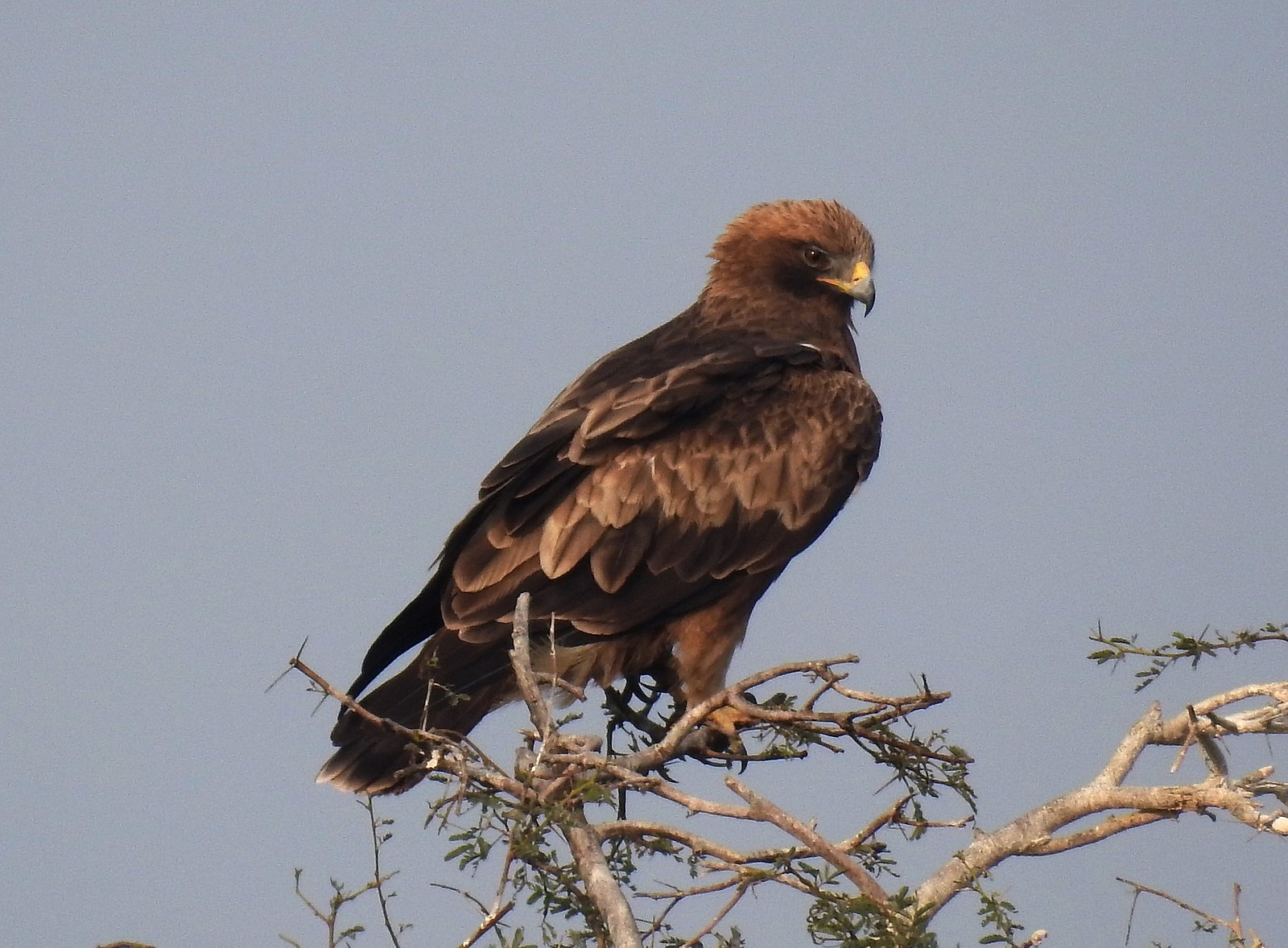Booted eagles are known to lay 1-2 eggs in a nest built from sticks and lined with green leaves in a tree or on a crag, or they may take over the disused nest of another large bird such as a black kite or grey heron. The female incubates the egg for around 45 days, and after hatching, she guards the nest and the young while the male provides all the food. However, there is little information available on whether booted eagles abandon their eggs.
Booted Eagles and Egg Abandonment
Booted eagles are a species of large birds of prey found in Europe, North Africa, and Asia. They are known for their distinctive feathered legs, which give them their name. While there is limited information on whether booted eagles abandon their eggs, we can look at the behavior of other eagle species to gain some insights.
Bald Eagles and Egg Abandonment
In contrast to booted eagles, bald eagles are known to occasionally abandon their eggs. Bald eagles typically lay two eggs, but only one eaglet is often hatched and fledged. Biologists believe this is because bald eagles lay two eggs to ensure the survival of at least one offspring, as there is a high mortality rate among eaglets.
Bald eagles may abandon their eggs if they are non-viable or if there is a threat to the eggs or the nest. Contaminants such as DDT, PCBs, and mercury can affect egg production and embryo development, leading to thin or cracked eggshells and hatching failure. Human disturbances, such as intrusions into the nest, can also cause the adult to breach the shell and abandon the eggs.
Reasons for Egg Abandonment in Eagles
There are several reasons why eagles, including booted eagles, may abandon their eggs:
- Non-viable Eggs: If the eggs are not viable, meaning the embryo has failed to develop properly, the eagles may abandon them.
- Contaminants: Exposure to environmental contaminants like DDT, PCBs, and mercury can affect egg production and embryo development, leading to thin or cracked eggshells and hatching failure.
- Human Disturbance: Intrusions into the nest, such as by humans, can cause the adult eagles to abandon the eggs.
- Insufficient Egg Turning: Proper egg turning during incubation is essential for the development of the embryo. Insufficient turning can lead to non-viable eggs.
- Predation: If the nest is threatened by predators, the eagles may abandon the eggs to protect themselves and their future offspring.
Booted Eagle Nesting and Incubation Behavior
 Image source: Booted eagle By Dr. Raju Kasambe
Image source: Booted eagle By Dr. Raju Kasambe
Booted eagles typically build their nests in trees or on cliffs, using sticks and lining them with green leaves. The female booted eagle incubates the eggs for around 45 days, while the male provides all the food for the family.
Booted Eagle Nest and Egg Characteristics
- Nest Location: Booted eagles build their nests in trees or on cliffs.
- Nest Construction: The nest is built using sticks and lined with green leaves.
- Egg Clutch Size: Booted eagles typically lay 1-2 eggs.
- Incubation Period: The female booted eagle incubates the eggs for around 45 days.
- Parental Care: The female guards the nest and the young, while the male provides all the food.
Conclusion
While there is limited information on whether booted eagles abandon their eggs, we can look at the behavior of other eagle species to gain some insights. Bald eagles, for example, are known to occasionally abandon their eggs due to non-viable eggs, contaminants, human disturbance, insufficient egg turning, and predation. However, the specific reasons for egg abandonment in booted eagles remain largely unknown.
References:
– Reddit post on eagle returning to nest to find eggs abandoned
– Article on booted eagles
– Pennsylvania Game Commission information on bald eagles
– Wikipedia article on booted eagles

